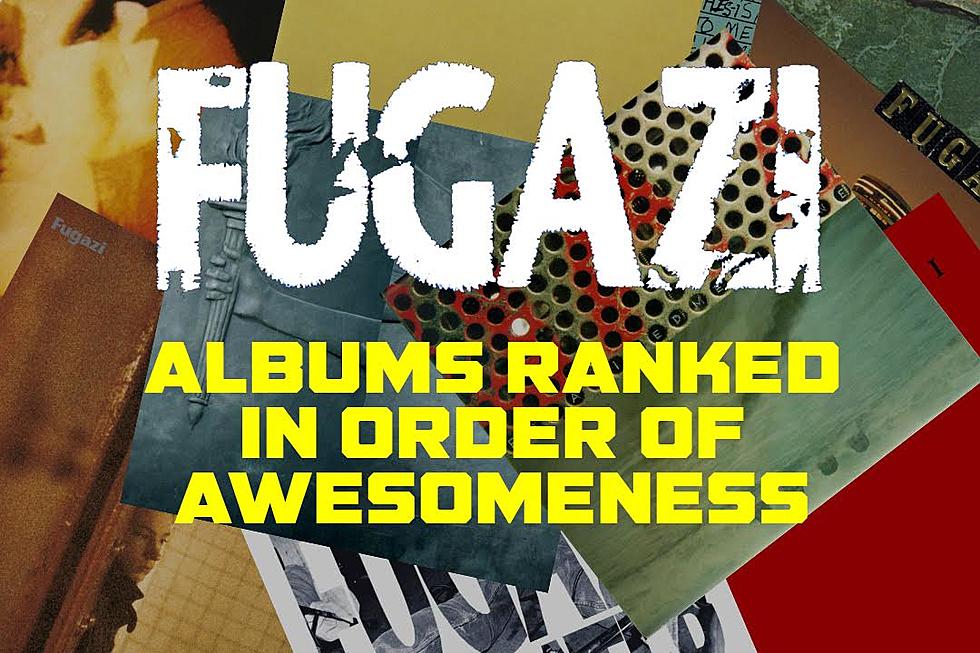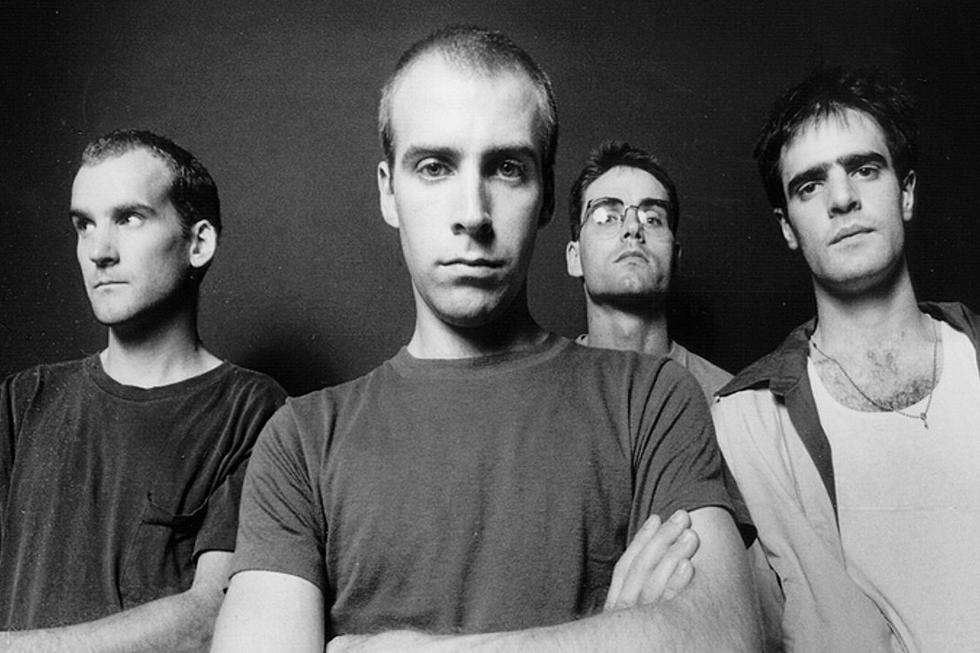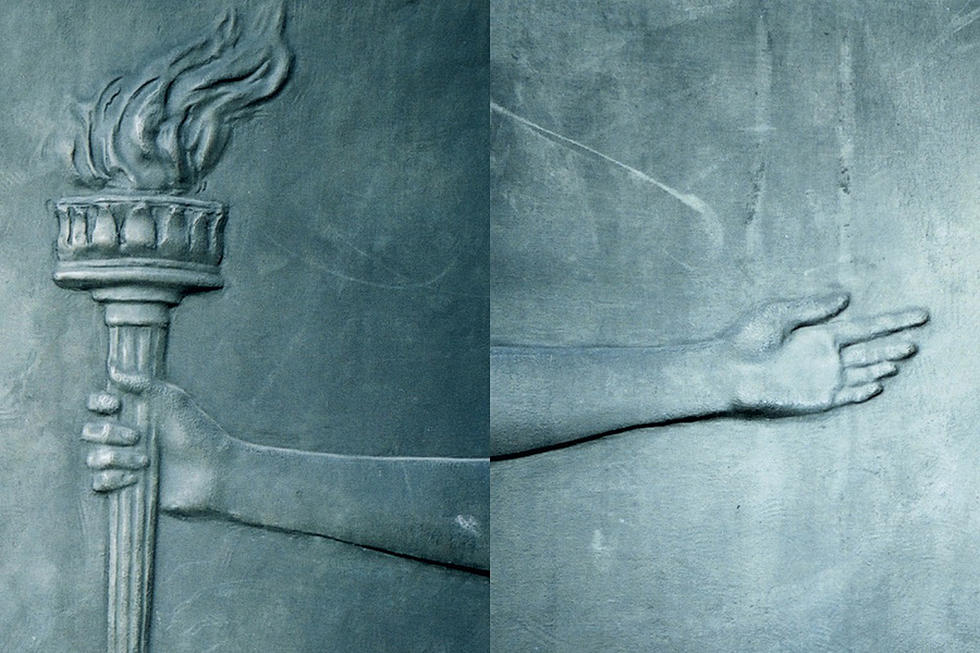
Fugazi Albums Ranked in Order of Awesomeness
Ever since their late-'80s beginnings in the Washington, D.C., hardcore punk scene, Fugazi have been celebrated for their uncompromising approach to music. We've ranked all of their albums in order of awesomeness below.
The band was abruptly shaken from their 14-year-slumber when they reconvened for a five-song EP issued in opposition to the 2016 election outcome. Having been resigned to the intangibility of "indefinite hiatus" since 2001's The Argument, it was still peculiarly unsurprising to see Ian MacKaye, Guy Picciotto, Joe Lally and Brendan Canty reemerge after over a decade of invisibility. If there are two things one can attribute to Fugazi, after all, unpredictability and political zeal would spring first to mind.
MacKaye, in particular, resisted the comfort of repetition to have ever been truly shoe boxed. Regarded as a preeminent godfather of punk rock, the span of his career output proves such a designation only fractionally accurate. Migrating frequently from one short-lived project to another, MacKaye used each musical undertaking as an opportunity to express whichever attitudes and penchants he happened to be exploring at that time. The musical originality bred by these disparate phases would have the effect of planting entire cultural movements and music scenes around them, with MacKaye having already moved onto his next preoccupation before they could become full-fledged trends.
The frenetic, confrontational hardcore punk of D.C.'s Minor Threat differed vastly from his subsequent outfit, the vulnerably emotive Embrace. After sculpting a number of hardcore's landmark power anthems, and incidentally spurring its niche "straight edge" contingency, MacKaye opted for a more introspective and intimate songwriting craft with Embrace. With this vehicle, in the summer of 1985, Ian MacKaye found himself swept into the center of another emergent D.C. movement alongside a surge of bands that shared Embrace's punk-minded rawness and newfound emotional sensibility.
Fellow D.C. compatriots Rites of Spring, featuring drummer Brendan Canty and guitarist/vocalist Guy Picciotto, would prove another seminal fixture of this transformative summer. But the scene would be as fleeting as it was isolated, with most bands hardly lasting the duration of their notoriously transient hardcore predecessors. The options were to fade or regroup, and the above-mentioned participants, with the addition of undiscovered bass talent Joe Lally, chose the latter and established Fugazi.
Spanning fully 14 years length and nurturing six stylistically unclassifiable studio releases, Fugazi boasts the influential stature of the members' storied former acts but offers a more plentiful and diversified palette. A far cry from the rock-ribbed hardcore of Minor Threat or Rites of Spring's disarming sensitivity, Fugazi's deconstructive approach to their genre-melding experiments and improvisational meditations, radicalized by the group's militant political bent, sets a precedent that has yet to be matched. Read on to celebrate their renegade singularity.
More From Diffuser.fm









